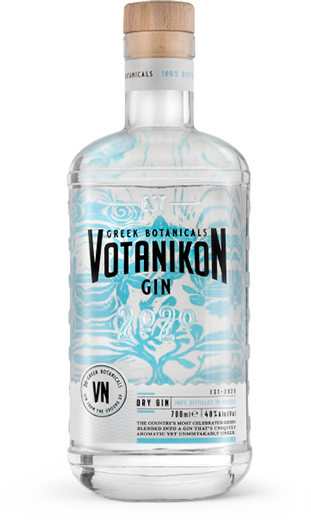×
juniper
The aromatic berries of juniper (which take three years to ripen) are prized for the flavour they impart to one of the favourite drinks - GIN. Juniper is dioecious, which means that it is either male or female, unlike most tree species. The form of individual bushes varies from being low and prostrate at the one extreme to cylindrical and conical at the other.
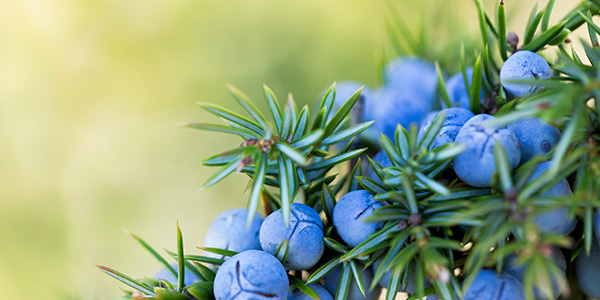
Learn aboutsideritis
angelica
Angelica roots are among the most common botanicals used in gin distillation, often used in concert with juniper berries and coriander as a chief aromatic characteristic for gin. Angelica’s long bright-green stems are also candied and used as food decoration. It has been compared to musk and to juniper.
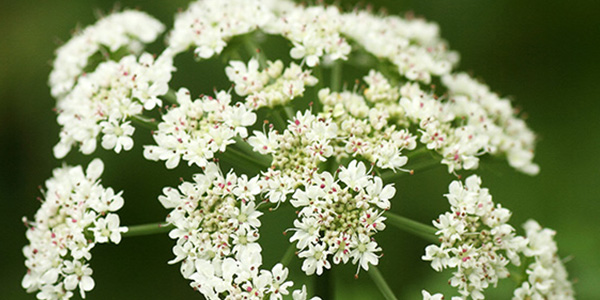
Learn about liquorice
liquorice
The word "liquorice" is derived from the Greek γλυκόριζα, meaning "sweet root", from γλυκύς, "sweet" and ρίζα, "root", the name provided by the ancient Greek physician, pharmacologist and botanist Dioscorides.
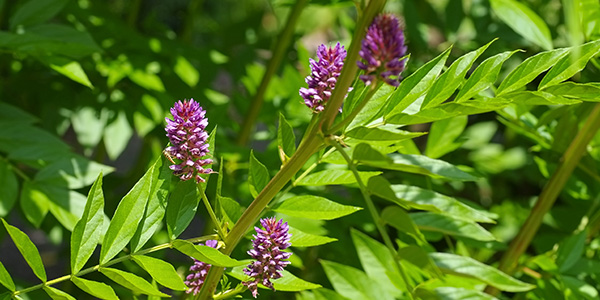
Learn about saffron
saffron
Greek saffron from Kozani, is considered one of the best varieties in the world, of excellent quality, aroma and color. Some believed that saffron originated in Iran, however, Greece and Mesopotamia have also been suggested as the possible region of origin of this plant. Saffron has a long history of use in traditional medicine, in perfumery and even as a fabric dye. Saffron has long been the world's most costly spice by weight.

Learn about coriander
coriander
Coliander use dates back to at least 5,000 B.C. References to coriander can be found in Sanskrit writings, and the seeds were placed in Egyptian tombs. Coriander even rates a mention in the Old Testament, in which the manna provided to the Jews fleeing Egypt was described as being like coriander seed. In seventeenth-century Frenchmen used distilled coriander to make a type of liquor.
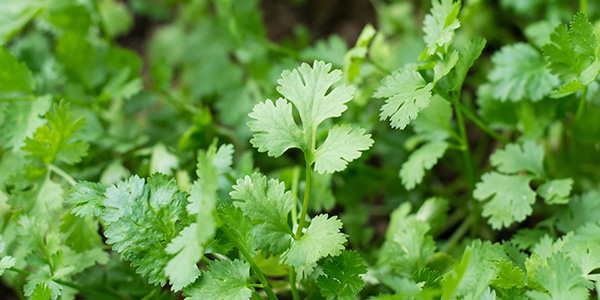
Learn about cinnamon
cinnamon
Cinnamon used to be a precious gift, given to royalties. The English word "cinnamon", attested in English since the fifteenth century, derives from the Ancient Greek: κιννάμωμον. The Greek was borrowed from a Phoenician word, which was similar to the related Hebrew: qinnāmōn. Cinnamon was so highly prized among ancient nations; a fine inscription records the gift of cinnamon to the temple of Apollo at Miletus.

Learn about dictamnus
cirtus
Citrus is a genus of fruit trees, which includes Orange, Lemon, Grapefruite and others. The Cirtus name originated from Latin, where it referred to either the plant now known as citron. It is related to the ancient Greek word for cedar, κέδρος. This may be due to perceived similarities in the smell of citrus leaves and fruit with that of cedar.

Learn about basil
mastiha
The first mention of actual mastic 'tears' was by Hippocrates, who used mastic for the prevention of digestive problems, colds and as a breath freshener. Mastic has been harvested for at least 2,500 years since Greek antiquity. The word mastic is derived from Greek: μαστιχεīν, mastichein "to gnash the teeth", which is also the source of the English word masticate.
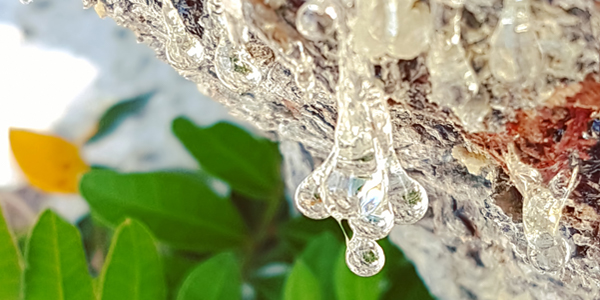
Learn about juniper
sideritis
In Greek "sideritis" can be literally translated as "he who is made of iron". In ancient times "sideritis", known to Greeks by Dioscorides and Theophrastus, was a name for plants used to heal wounds caused by iron weapons during battles. However, others hold that the name stems from the shape of the sepal, which resembles the tip of a spear.
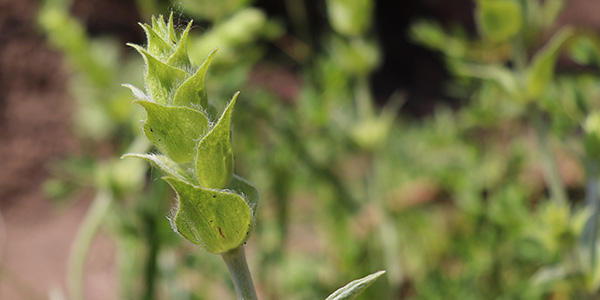
Learn about chamomile
chamomile
The word "chamomile" derived from Greek χαμαίμηλον "earth apple". Chamomile has historically been used in beer. Unlike tea, in which only the flowers are used, the whole plant has been used. The bitter taste is useful in beer, but it was also used for medicinal purposes.

Learn about angelica
dictamnus
Dictamnus is as wild as the Cretan nature. Dictamnus is a healing, therapeutic and aromatic plant that grows wild only on the mountainsides and gorges of the Greek island of Crete. Even in recent times, the collection of dictamnus of Crete was a very dangerous occupation for the men who risked life and limb to climb precarious rock faces where the plant grows wild.
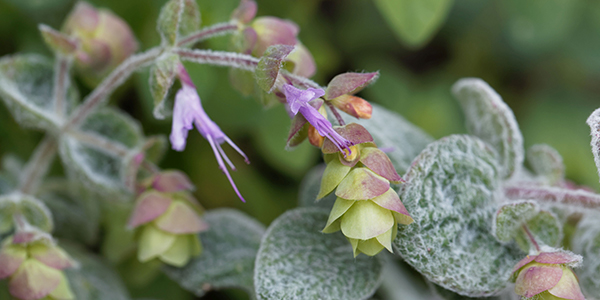
Learn about citrus
peppermint
Morocco led the world’s total peppermint production with 92%, followed by Argentina and countries around Mediterranean Sea like Greece. The leaves of peppermint, are processed for the essential oil to produce flavourings mainly for chewing gum, toothpaste and drinks.
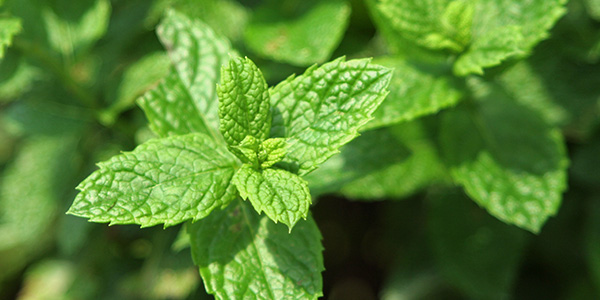
Learn about lemon balm
lemon balm
Lemon balm used to be called as the “elixir of life”, by the Swiss physician and alchemist, Paracelsus. Lemon balm is a perennial herb that people can grow in their garden to help attract bees. Sources date the medicinal use of lemon balm to over 2000 years ago through the Greeks and Romans. It is mentioned by Theophrastus, dated to around 300 BC, as "honey-leaf".
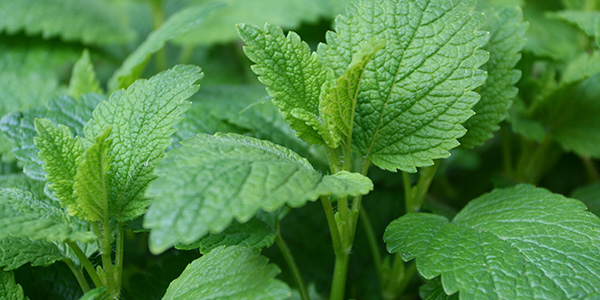
Learn about oregano
oregano
The word "Oregano" is derived from the Spanish orégano and the Greek ὀρίγανον. This is a compound Greek term that consists of ὄρος meaning "mountain", and γάνος meaning "brightness", thus, "brightness of the mountain". Oregano's most prominent modern use is as the staple herb of Italian & Greek cuisine.

Learn about sage
sage
The Romans referred to sage as the "holy herb," and employed it in their religious rituals. Sage has been used since ancient times for warding off evil, snakebites, increasing women's fertility, and more. Today, sage is common in herbal medicine, and young leaves can be cooked and eaten as a nutritious herb.

Learn about mint
basil
The name "basil" comes from Latin, basilius, and Greek βασιλικόν φυτόν, "royal/kingly plant", possibly because the plant was believed to have been used in production of royal perfumes. Today, basil plays a major role in many Mediterranean, and particularly Greek & Italian, cuisines.

Learn about peppermint
mint
Known in Greek mythology as the herb of hospitality. The ancient Greeks rubbed mint on their arms, believing it would make them stronger. Mint was originally used as a medicinal herb to treat stomach ache and chest pains.

Learn about cardamon
cardamon
Cardamom is the world's third-most expensive spice, surpassed in price per weight only by saffron and vanilla. The ancient Greeks thought highly of cardamom, and the Greek physicians Dioscorides and Hippocrates wrote about its therapeutic properties, identifying it as a digestive aid. Due to demand in ancient Greece and Rome, the cardamom trade developed into a lucrative luxury business.
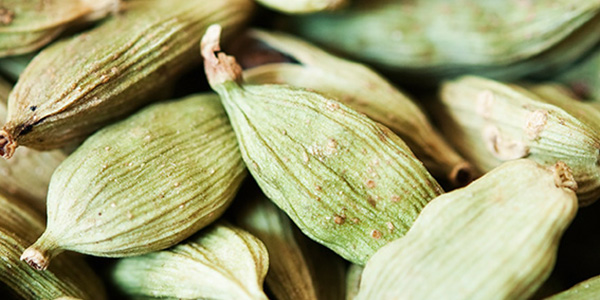
Learn about mastiha


